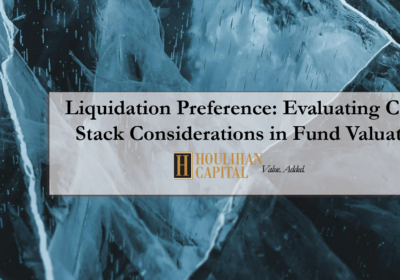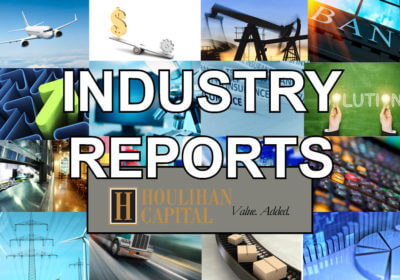Andrew Smith releases article discussing Investor Demands are Driving Valuation Best Practices and Transparency
Investors have clearly signaled that they will invest only with fund managers that have implemented valuation best practices and are providing adequate transparency and disclosures. This trend will only grow stronger as regulators, auditors, fund administrators, and other fiduciaries endeavor to meet the demands of their stakeholders.
The insatiable need of investors to generate returns and receive reliable stakeholder communications and transparency assures that valuation will remain a topic of high surveillance. Fund managers have no choice but to invest into meeting or exceeding best practices for valuation, as investors have begun using the valuation process as a benchmark when allocating investment funds.
The Dodd-Frank Act in the U.S. and the Alternative Investment Fund Managers Directive in Europe are now aligned with the enhanced accounting guidelines of U.S. GAAP and IFRS for fair value and disclosures. These initiatives are an effort to satisfy the demands of investors that seek greater transparency, consistency, and comparability when making investment decisions.
While regulators are getting most of the headlines when it comes to policing valuation practices, it’s the auditor that is the cop on the beat. Fair value accounting standards have now been in place for many years. Auditors are increasing their scope and testing of fund investment positions and related disclosures to assure that recently-updated fair value reporting standards are met.
Within the fair value hierarchy, it’s the illiquid Level 3 positions and their disclosures that have the greatest potential to cause financial reporting misstatements. This is because fair value is determined by using inputs that are not currently observable. Fair value reflects an “exit price” assumption with market participants in a current transaction at the measurement date. Thus, various valuation models, assumptions, and methodologies are used to estimate the fair value of an investment position. The fund manager is ultimately responsible for providing these fair value marks.
In addition to in-house talent, fund managers rely on independent third-party valuation firms to value Level 3 positions. This is not only a valuation best practice, but it also reduces inherent conflicts, as the fund manager who presumably purchased the illiquid investment is providing many of its current market assumptions used in the valuation. Investors in new funds have significantly increased due diligence standards that will likely preclude an investment into any fund not meeting or exceeding best practices in valuation and disclosures. This means true fair value accounting.
Many private equity (“PE”) firms have historically reported their investments using lower of cost or impaired value and their auditors have accepted this fair value measurement. Although less problematic for investors (and perhaps more conservative) this type of valuation measurement does not meet fair value accounting rules. The bell has tolled for PE firms and auditors will require them to change, particularly since most PE firms are now registered with the SEC. Fair value accounting is quickly becoming part of the PE firm culture.
The stakes have never been higher. Auditors know that providing a timely audit is essential to the survival of any fund. Although it’s an increased cost burden, fund managers that hire an independent valuation firm will expedite their audit process and meet the best practice standards for valuation.


